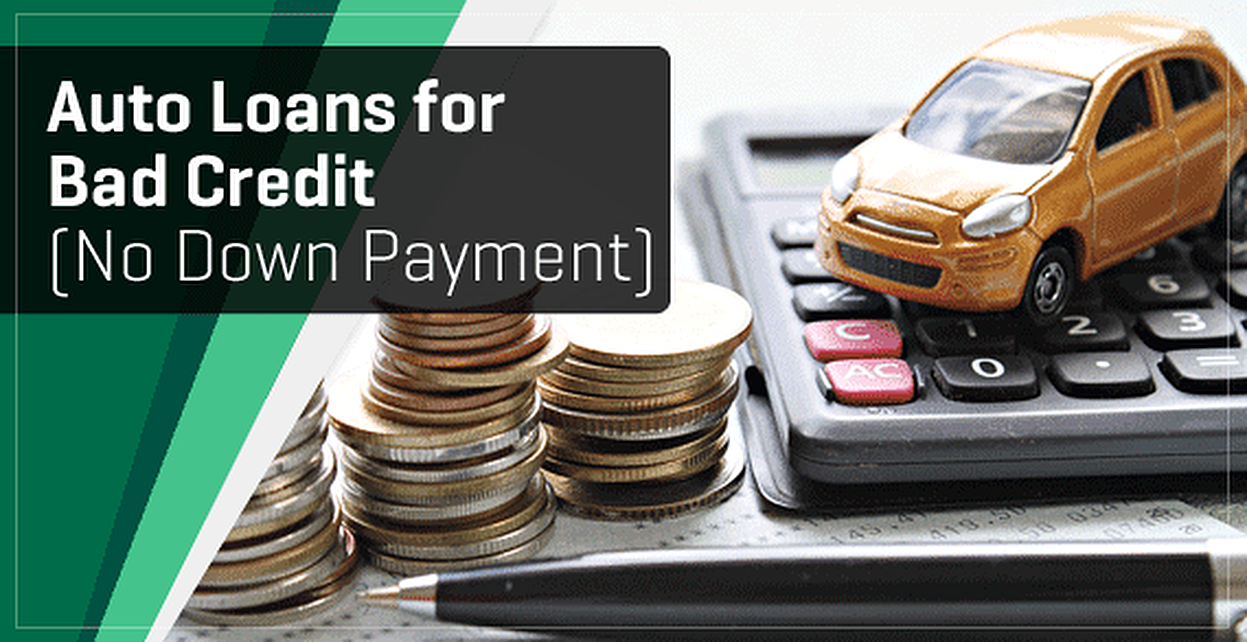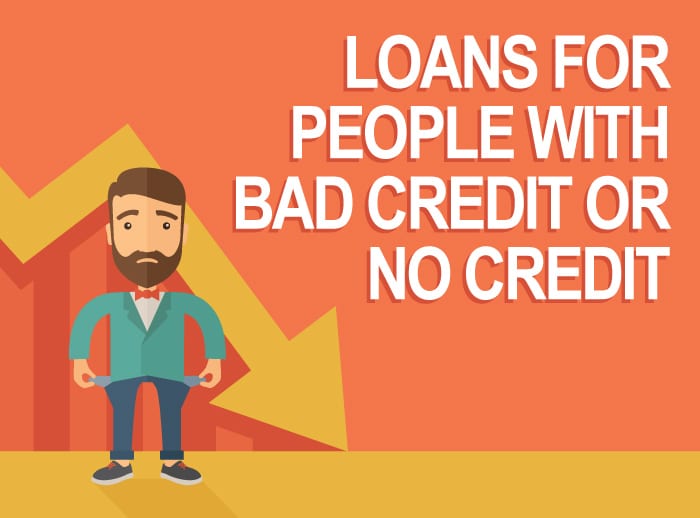Good Credit Bad Credit No Credit Car Loans

Car buyers face a turbulent landscape as interest rates surge and credit scores dictate loan accessibility. Getting behind the wheel now depends heavily on your credit history, with significant implications for affordability.
This article breaks down the current car loan market, detailing how good credit, bad credit, and no credit impact your ability to secure financing, what interest rates to expect, and strategies for navigating this complex environment. Understanding these dynamics is crucial for anyone planning to purchase a vehicle.
Good Credit: The Fast Lane to Favorable Terms
Individuals with excellent credit scores (typically 700 and above) are still positioned to receive the most attractive car loan terms. According to Experian's State of the Automotive Finance Market Q4 2023 report, borrowers with super-prime credit scores (781-850) averaged interest rates of 6.61% for new car loans and 9.16% for used car loans.
These rates are significantly lower than those offered to borrowers with less-than-ideal credit. Lenders view this group as low-risk, leading to competitive offers and greater purchasing power.
However, even those with good credit are feeling the pinch of rising interest rates compared to previous years. Shop around and compare offers from multiple lenders to secure the best possible deal, even with a strong credit profile.
Bad Credit: Navigating a Challenging Market
For those with bad credit (scores below 600), obtaining a car loan is significantly more challenging and expensive. Interest rates for subprime borrowers (501-600) averaged a staggering 14.76% for new cars and 20.39% for used cars in Q4 2023, Experian reports.
These high rates translate to substantially larger monthly payments and a greater overall cost for the vehicle. Borrowers in this category often face limited loan options and may be required to provide larger down payments.
Consider options like secured car loans, where you offer collateral to mitigate the lender's risk. Focus on improving your credit score before applying, even a slight increase can positively influence loan terms.
No Credit: Building a Financial Foundation
Individuals with no credit history face a unique set of hurdles when seeking car financing. Without a credit score, lenders have no way to assess risk, leading to reluctance in offering loans.
One approach is to seek a co-signer with established credit. A co-signer guarantees the loan, providing the lender with added security and increasing the likelihood of approval.
Another strategy is to explore credit-builder loans or secured credit cards to establish a credit history before applying for a car loan. Start small and build responsibly.
Where to Find Loans and What to Look For
Potential car buyers have various loan sources: banks, credit unions, online lenders, and dealerships. Each offers different advantages and disadvantages.
Banks and credit unions typically offer competitive rates to borrowers with good credit. Online lenders often specialize in loans for individuals with less-than-perfect credit.
Dealership financing can be convenient but may not always offer the best terms. Always compare interest rates, loan terms, and fees before making a decision.
Essential Details: Loan Terms, Down Payments, and Hidden Costs
Beyond the interest rate, several other factors influence the overall cost of a car loan. Loan terms, down payments, and potential hidden costs significantly impact affordability.
Longer loan terms result in lower monthly payments but increase the total interest paid over the loan's lifetime. A larger down payment reduces the loan amount and can lead to lower interest rates.
Beware of hidden fees, such as origination fees, prepayment penalties, and late payment charges. Read the loan agreement carefully before signing.
When to Buy: Market Trends and Timing
The car market is dynamic, influenced by factors such as interest rate fluctuations, inventory levels, and seasonal demand. Timing your purchase can potentially save money.
Consider buying at the end of the month or quarter, when dealerships are trying to meet sales quotas. Keep an eye on incentives and rebates offered by manufacturers and lenders.
Monitor interest rate trends and consider delaying your purchase if rates are expected to decline in the near future. Patience can be a valuable asset.
Conclusion: Take Control of Your Car Buying Journey
Navigating the car loan market requires careful planning and informed decision-making. Understanding your credit situation, shopping around for the best rates, and considering all associated costs are essential steps.
Stay informed about market trends and be prepared to negotiate. By taking control of the process, you can increase your chances of securing affordable financing and getting behind the wheel of your desired vehicle. Continue monitoring interest rates and consult with financial advisors for personalized guidance.


















